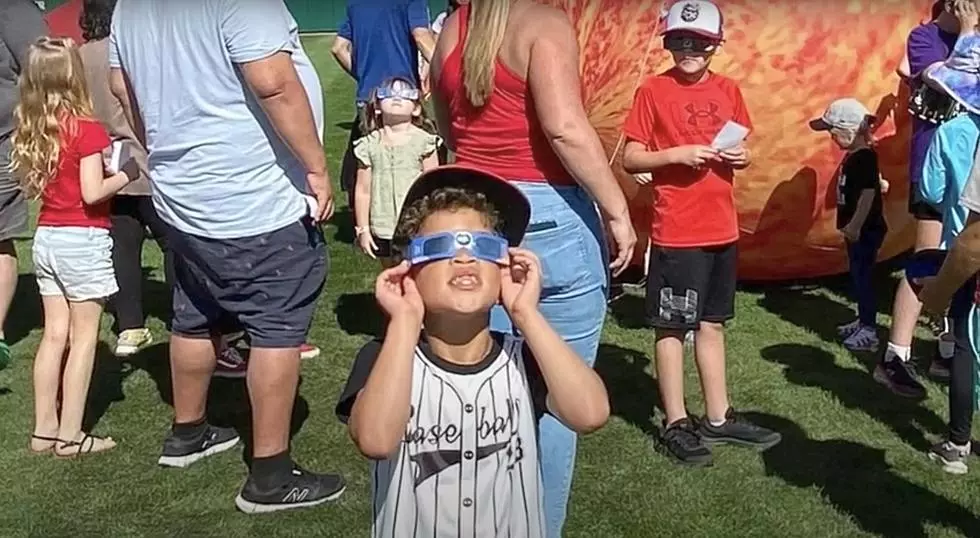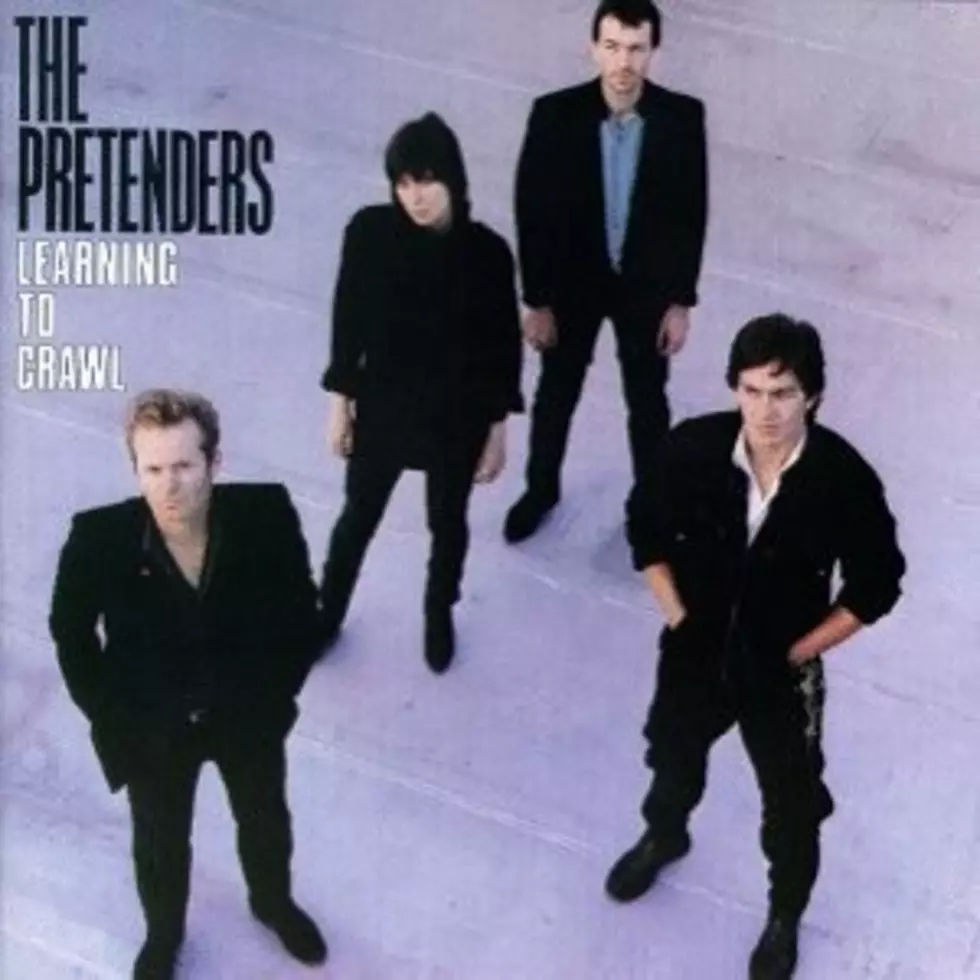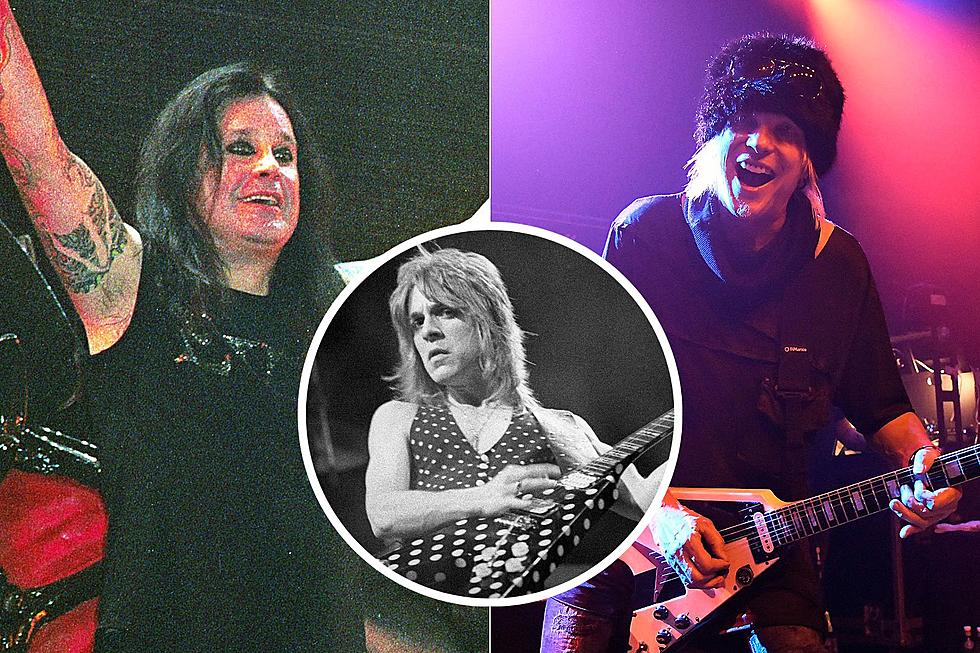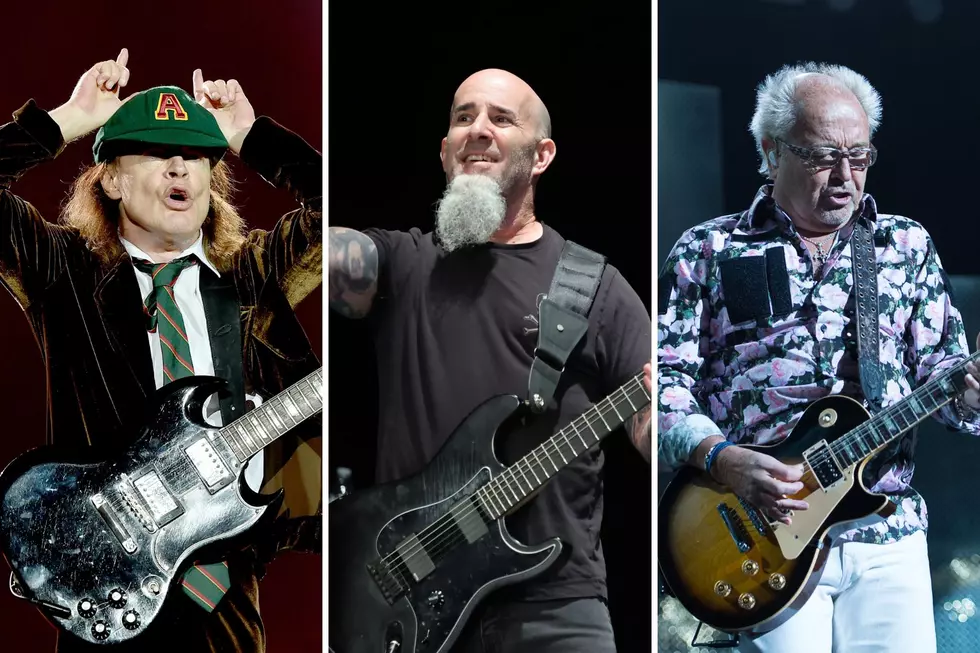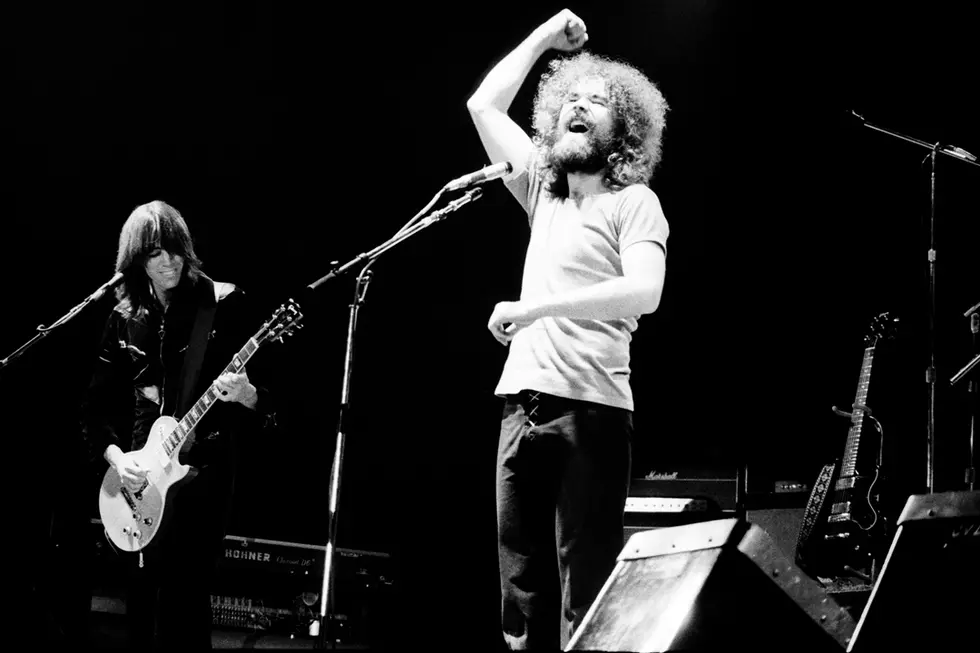
The Day Boston Frontman Brad Delp Died
Without Brad Delp's soaring vocals, Boston's first album might have been just a bunch of really cool guitar-focused demos by Tom Scholz.
The singer's ability to move from heart-rending tenor to stadium-rattling falsetto, often through the use of stacked overdubs, created a remarkable counterpoint to Scholz's basement tapes. Boston's self-titled album became the second-bestselling debut of all time, and provided a quick ride to superstardom for a band that initially included only two official members: Scholz and Delp.
In time, others came and went and Scholz would eventually be considered synonymous with Boston after Delp's suicide on March 9, 2007. Still, without Delp, there would have been no band. Scholz had found someone who shared his passion for studio perfection, and someone who could match his guitar pyrotechnics step for step at the mic.
“In my case, I would literally close my eyes while I was overdubbing a part and I would imagine myself being on a stage with thousands of people. I’ve told this story many times, but it’s the way I was able to make it work," Scholz told the Union Leader in 2016. "So, when I was playing, I wasn’t just laying done some tracks or some notes. I was performing, and I was trying to play with the maximum intensity that I could.
"Brad had the same ability to do that with vocals," Scholz added. "He could do the same thing, create basically the orchestral vocals in the same way that I could create the orchestra of instruments. It was really the key to making all of the whole recording work, which was the two of us.”
Born in 1951 in Danvers, Mass, Delp grew up as a Beatles fan, and in his last years led a side band focused on the Fab Four's music called Beatlejuice. He began singing with local groups as a kid, eventually forging a friendship with Scholz as the '60s drew to a close.
Even then, he battled emotional demons. “I have had bouts of depression and thoughts of suicide since I was a teenager,” Delp wrote in a final note.
Watch Brad Delp Perform 'More Than a Feeling' With Boston
Achieving their dream of rock stardom seemed far away then. At one point, Scholz worked at Polaroid while still in school at MIT. In the meantime, he and Delp toiled on the club circuit, while crafting the homemade recordings that would become 1976's Boston.
The LP sold more than 10 million copies in the U.S. alone. A rushed-out follow up, 1978's Don't Look Back, would be considered a lesser effort, but Boston's sophomore album went an impressive seven-times platinum too. Delp remained as pivotal as he was humble through that early rush of success.
"I am just totally lucky to be the guy who was there," Delp told Classic Rock Revisited in 2003. "When I saw Tom play for the first time, it was just instrumental because the singer who had been in his band had just moved out of town. When I met him, the band was looking for a vocalist. I auditioned and got the gig. I think it is the guy who sings that people sing along with, but he wrote most of the songs."
Within a year, the original lineup had splintered. Scholz continued to speak well of Delp, even as eight years passed between Boston albums.
“The nice thing about Brad,” Scholz said in an '80s-era interview, “was his incredible ability in the studio. He was a master at controlling his voice: He could do things over and over, changing one note and doing everything else the same. He’s a natural overdubber. He can perfectly match what’s on tape. He can sing harmonies with himself and keep dozens of parts in his mind.”
Boston's songs remained ubiquitous on classic-rock radio, paving the way for their return. In 1986, Third Stage became the band's second No. 1 LP, selling four million copies in the U.S. and spawning their first-ever No. 1 single in "Amanda."
It was almost as if no time had passed – unless you studied the album credits. Second guitarist Barry Goudreau hadn't been involved in Third Stage at all, while drummer Sib Hashian and bassist Fran Sheehan were only there for a series of very early sessions. Boston were a shadow of their former selves, and soon Delp would depart again too.
Listen to Brad Delp Perform 'We're Ready' With Boston
He wouldn't appear on another album for 16 years. Corporate America became the first Boston album that failed to go at least platinum – but that did nothing to dampen Delp's enthusiasm for their reunion.
"I have done other projects, and I have nothing against them, as they were fun, but there is only one person who can make a Boston album, and that is Tom," Delp told Classic Rock Revisited. "I think it is as much what he did with the vocals [as a producer] as what I did with singing."
Then Delp's relationship with Scholtz reportedly took a rocky turn.
Boston-related projects recorded without the guitarist included Goudreau's 1980 self-titled solo album, which also featured the late Hashian. Delp and Goudreau were part of Orion the Hunter (along with later-era Boston member Fran Cosmo) in the '80s, and then RTZ in the early '90s. He reunited with Goudreau again for a duo project in the early 2000s.
Delp had always returned to Boston before, first on Third Stage then for the tour in support of 1994's Walk On LP, which featured Cosmo on vocals. Delp also sang three new songs for a 1997 Boston compilation prior to Corporate America.
But their long shared history of internal struggles seem to have conspired with personal problems and depression to overtake Delp toward the end of his life, and he suddenly killed himself.
Fans were left to chase small scraps of memory. Boston's 2013 album, Life Love and Hope, included four songs with leftover vocals by Delp. Goudreau also released a song they'd been working on.
Unfortunately, fame didn't provide much solace for the big-voiced and deep-hearted Delp, who concluded his suicide note by writing, "I am a lonely soul."
Meet the New Boss: Rock's Replacement Singers
More From WPDH-WPDA
